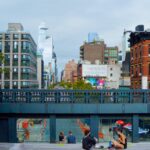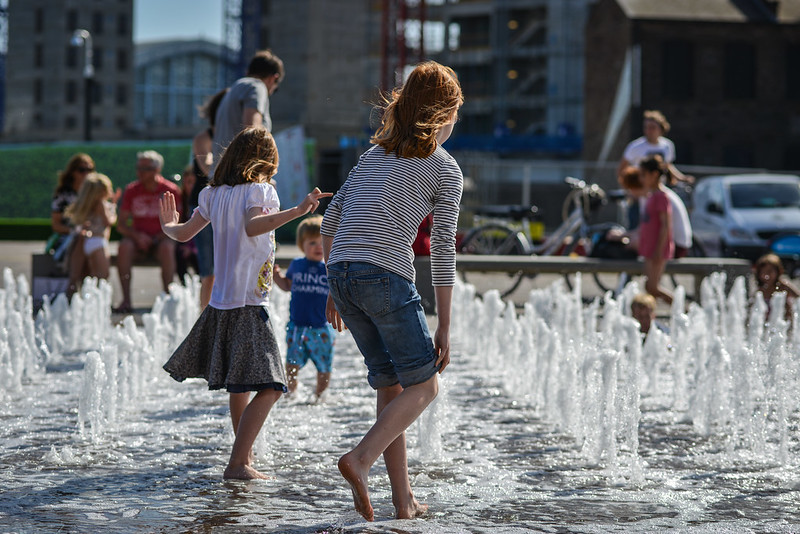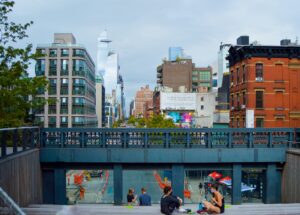Recently, San Francisco’s parks department tested a policy which allowed groups to pay to reserve areas of grass in Dolores Park. Although the authority hurriedly backtracked after an outcry from local residents, this incident represents a worrying global trend towards the privatisation of public spaces.
Across the world, parks, plazas and promenades – which were once in the hands of public authorities – are coming under the control of private corporations.
In some cases, you won’t even notice the difference. For instance, the recently regenerated area around Kings Cross in London features one of the largest open spaces in Europe; it is publicly accessible, but ownership remains in private hands.
In other cases, the consequences are more troubling. Earlier this year in Little Stoke, south Gloucestershire, the parish council became the first in the world to vote to charge Parkrun – a free running event that is organised in 12 countries – a fee to use its grounds. The run was subsequently cancelled.
Meanwhile, in London, an old adventure playground in Battersea Park has been replaced by an ordinary swings and slides park, and a new “Go Ape” tree-top adventure ground, which costs £18 for a small child to use.
Read the full article on The Conversation
Author:
Recommended by Luisa Bravo











More Stories
A stealthy reimagining of urban public space by Elizabeth Diller
Security by Design: Protection of public spaces from terrorist attacks
10 years of Global Public Space Programme – Annual Report 2022 and reflections on a Decade of Public Space